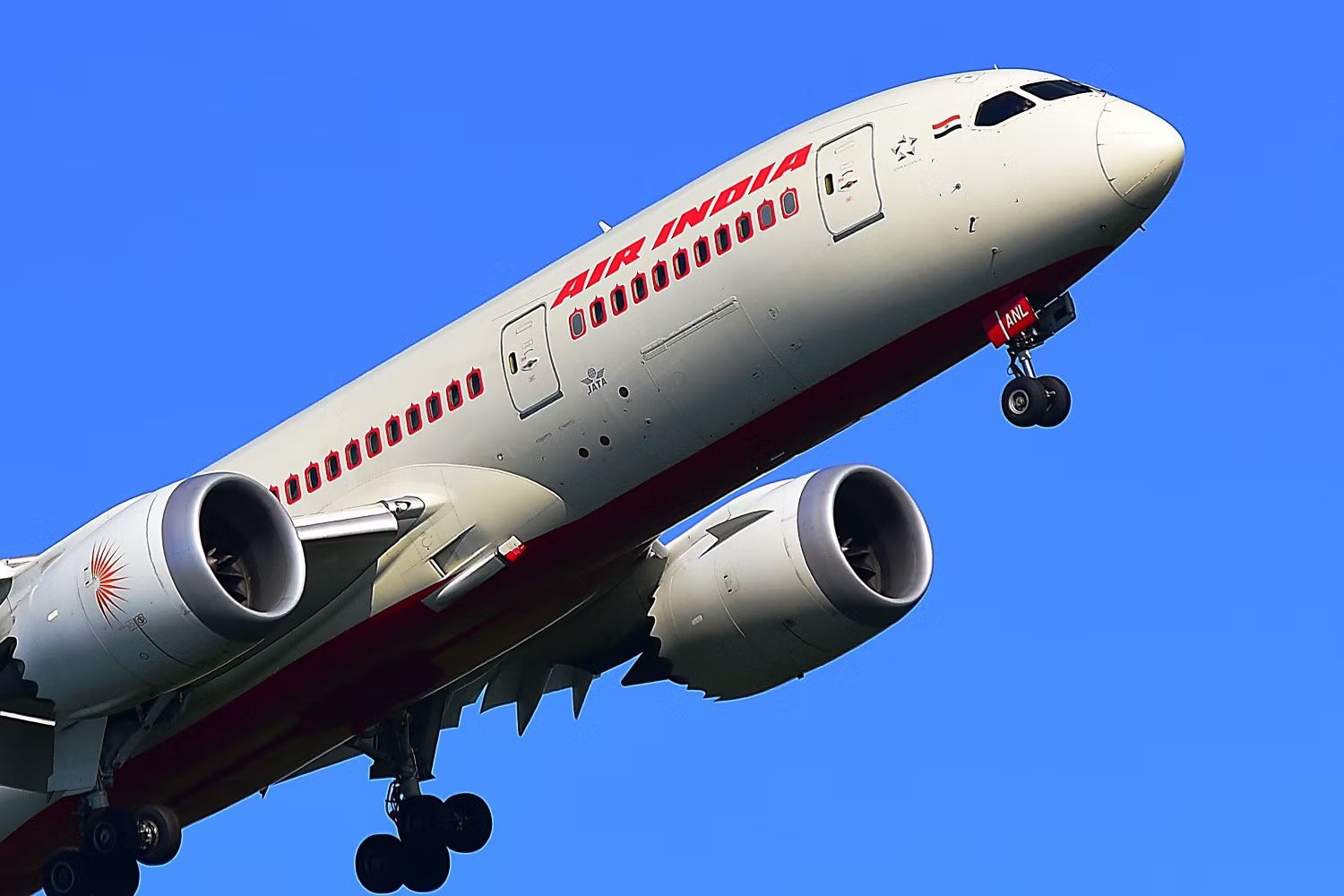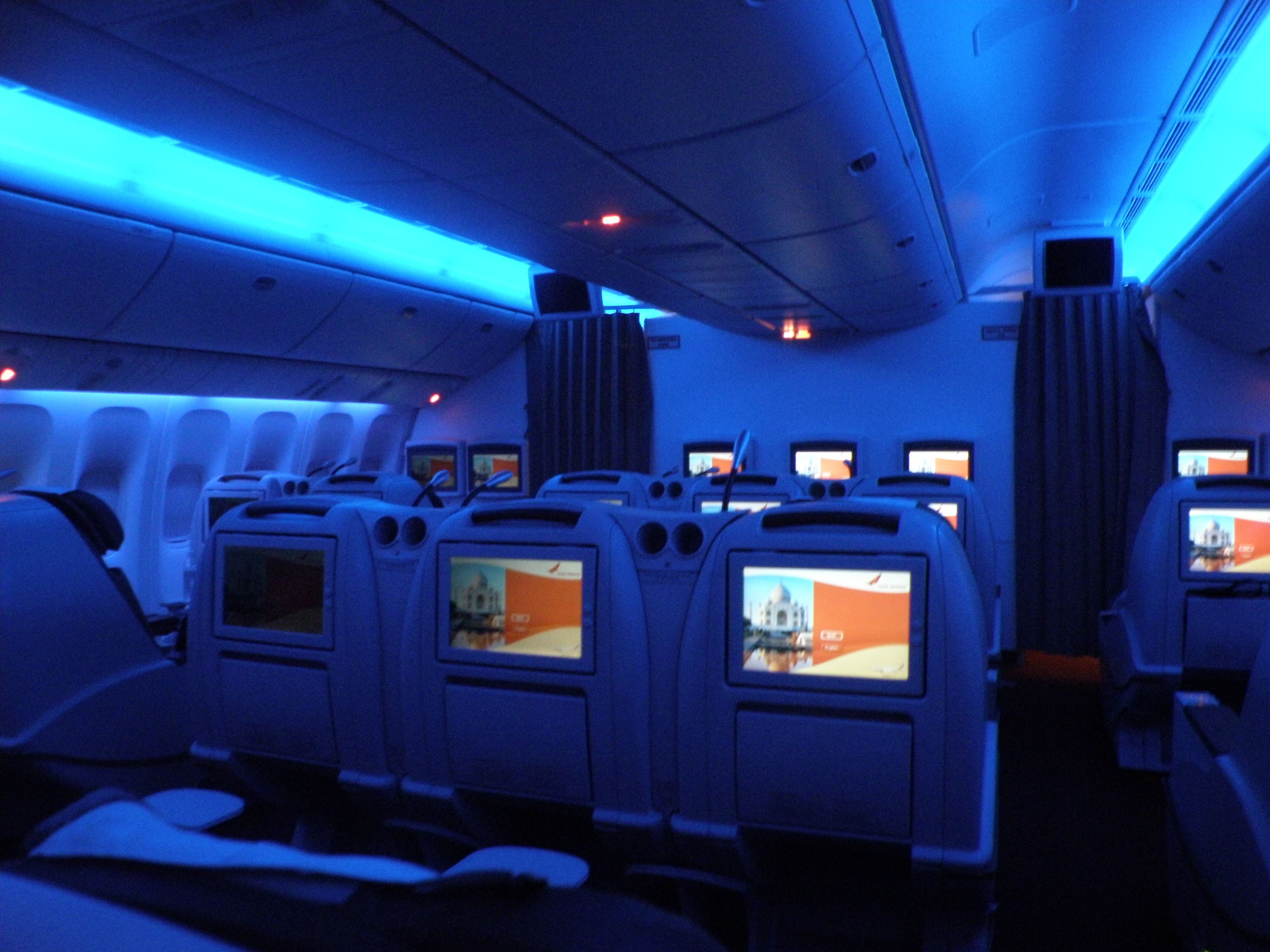Air India has introduced changes to its alcohol-serving policies, giving cabin crew more authority to refuse to serve alcoholic beverages in certain circumstances. This is in response to the national headline-making case of a reportedly inebriated passenger urinating on an elderly lady on one of its flights. The airline has also concluded its internal investigation of the incident.
Policy modification
Air India has tweaked its alcohol-serving policy on its international flights (there is no alcohol on Indian domestic flights) and empowered its cabin crew to refuse serving alcohol if needed. The revised policy was issued on January 19th and has suggested some changes.
Photo: Vytautas Kielaitis I Shutterstock
Passengers are not allowed to consume their own store-bought alcoholic drinks, and the cabin crew have been asked to be attentive in identifying such guests. The airline wants to ensure that alcohol service does not interfere with the safety and comfort of the passengers, and this includes refusing to serve more alcohol if a traveler appears to have had one too many. The policy dictates,
“Air India empowers its cabin crew to deny boarding / refuse service of liquor or remove any unconsumed alcohol where a guest is consuming their own and where there are reasonable grounds to believe that guests faculties are impaired by alcohol to an extent that will present a hazard to the aircraft, to persons on board (crew or guests) or to the guest themselves.”
Tactful refusal
The carrier says that the new rules are in line with its existing guidelines, but it has also borrowed from the US National Restaurants Association’s guidelines, which follow a Traffic Light system to manage cases of intoxication.
The cabin crew have been asked to observe passengers and look for signs such as speech, coordination, balance, and behavior, and classify them as green, yellow, or red. They have also been asked to handle tricky situations tactfully to avoid conflict mid-air.
Air India has asked flight attendants not to call the guest “a drunk” and warn them politely that their behavior is unacceptable. Raising of voice is also discouraged, and the cabin crew should avoid being persuaded by the passengers for ‘one last drink.’ The policy also added that “managing unduly intoxicated patrons must be done assertively and respectfully.”
Fined
India’s aviation regulator, the DGCA, has fined Air India ₹3,000,000 ($37,000) for its handling of the incident, and also imposed a ₹300,000 ($3,700) fine on Air India’s head of inflight service. The pilot-in-command of the flight has also been suspended for three months.
Several new layers have been added to the case in recent days, and Air India has recently closed its internal investigation in which it said, among other things, that,
“Based on the absence of witnesses to the alleged act, that the alleged perpetrator was peaceful, co-operative and claiming ignorance of the event, that there was no risk to flight safety and that a resolution had been witnessed between the parties, the crew made a judgement call to record the matter as an (non-reportable) inflight incident rather than a (reportable) case of unruliness.
“Air India accepts that, notwithstanding the mitigating circumstances, based on the letter of the CAR it did not correctly classify the incident and therefore did not report it as required. The crew and ground staff have been issued warning letters to henceforth adhere strictly to CAR definition of “unruly” when reporting incidents onboard, so that later investigation can assess the facts. The cabin crew and ground staff have been counselled and have since returned to duty.”
The airline did, however, acknowledge “the good faith efforts made by crew to handle the situation effectively in real time, when not all facts were available.”
What are your views on this? Please leave a comment below.





